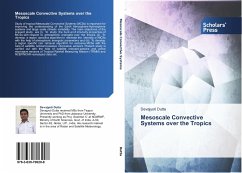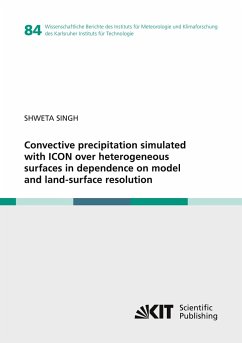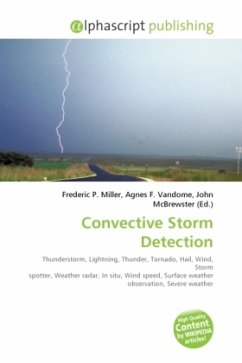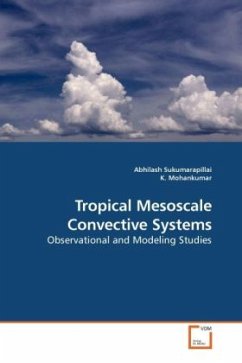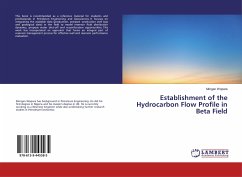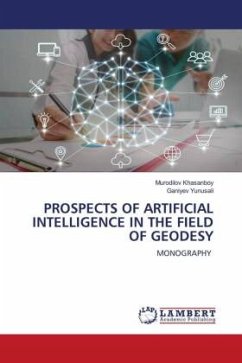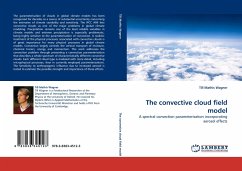
The convective cloud field model
A spectral convection parameterisation incorporating aerosol effects
Versandkostenfrei!
Versandfertig in 6-10 Tagen
52,99 €
inkl. MwSt.

PAYBACK Punkte
26 °P sammeln!
The parameterisation of clouds in global climate models has been recognised for decades as a source of substantial uncertainty concerning the estimates of climate variability and sensitivity. The IPCC AR4 lists convective clouds as one of the major problems in global climate modeling. Precipitation remains one of the least reliable variables in climate models and extreme precipitation is especially problematic, being highly sensitive to the parameterisation of convection. A realistic treatment of the physical processes associated with convective clouds is of great importance for many physical ...
The parameterisation of clouds in global climate models has been recognised for decades as a source of substantial uncertainty concerning the estimates of climate variability and sensitivity. The IPCC AR4 lists convective clouds as one of the major problems in global climate modeling. Precipitation remains one of the least reliable variables in climate models and extreme precipitation is especially problematic, being highly sensitive to the parameterisation of convection. A realistic treatment of the physical processes associated with convective clouds is of great importance for many physical processes in global climate models. Convection largely controls the vertical transport of moisture, chemical tracers, energy and momentum. This work addresses the convection problem through presenting a convection parameterisation that describes a whole spectrum of characteristically different convective clouds. Each different cloud type is modeled with more detail, including microphysical processes, than in currently employed parameterisations. The Sensitivity to anthropogenic influence due to increased aerosol is tested to estimate the possible strength and importance of these effects.




